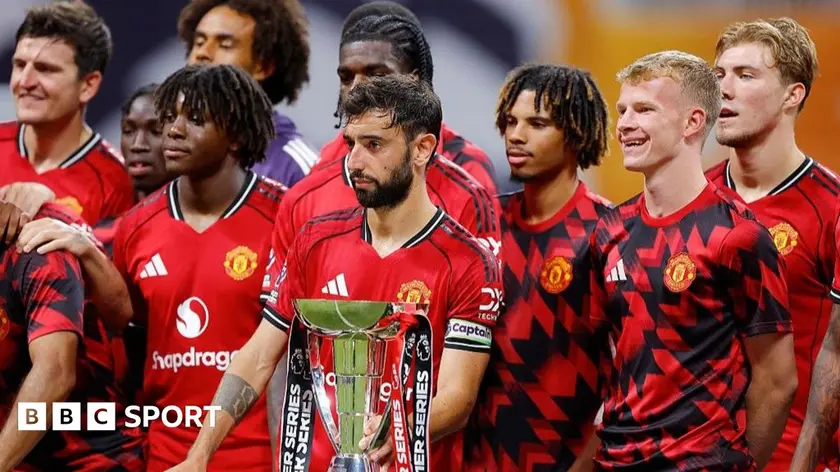T4K3.news
Manchester United taps public funds for stadium plan
Manchester United plans a new 100,000-seat stadium linked to moving a rail hub, raising questions about public subsidies.
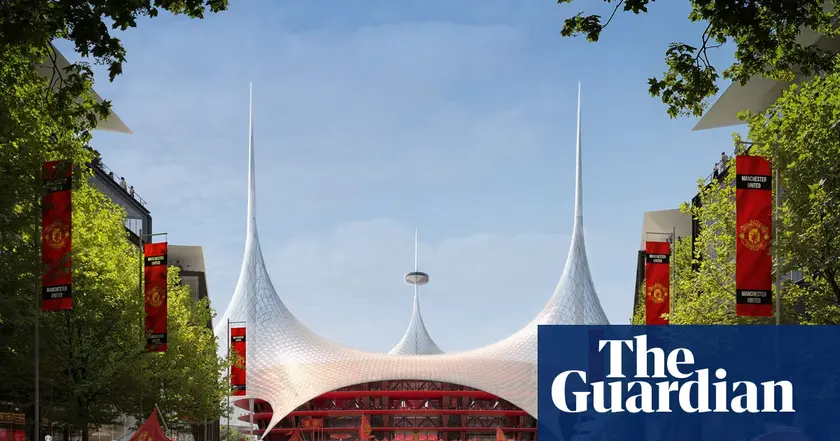
Manchester United plans a 100,000 seat stadium that relies on moving a rail hub, raising questions about public subsidies.
Manchester United taps public funds for stadium plan
Manchester United unveiled designs in March for a new 100,000 seat stadium to replace Old Trafford. The plan requires moving a rail freight hub near St Helens. The hub move is estimated at £200m to £300m, and the overall project is often cited around £1bn. The club says the stadium will not be paid for with public money, but critics argue that moving the hub would amount to public support for the project. Manchester United declined to comment.
Supporters promise big benefits: tens of thousands of jobs, thousands of homes, and a surge in visitors. Sebastian Coe, chair of the Old Trafford regeneration task force, has said the project could be among the largest in Europe. Critics point to the US record where many new stadiums receive public subsidies and research questions whether the benefits ever materialize. Figures cited include the Las Vegas Raiders, the Buffalo Bills and the Washington Commanders receiving hundreds of millions in public money. Academics warn that such subsidies often shift risk away from owners and onto taxpayers.
The piece notes how public money in the UK has tended to go to projects tied to special events or to community assets rather than direct stadium funding for top clubs. It also highlights that fans in the UK view club owners as stewards rather than owners, adding a political edge to the debate about public support for football.
Key Takeaways
"That’s the story they tell to get the public money, but it’s the big lie"
Pat Garofalo argues stadium subsidies mislead the public about benefits
"In the US it is almost taken as a given now that any new facility will receive taxpayer funding"
Garofalo on the entrenched US practice of subsidies
"Relocating your team is a borderline criminal activity"
Szymanski on the seriousness of team relocations
"You are setting this money on fire. And you are doing this to support a massive private business that prints money"
Garofalo on the cost of subsidies for private owners
This plan tests a core question about public value and private gain. In the UK the idea that taxpayers will subsidize a billionaire owned team is highly sensitive and could spark political controversy.
Looking ahead, calls for transparency and independent impact studies could shape how future sports investments are handled. The argument that fans are stakeholders and not mere spectators may gain traction as taxpayers weigh competing priorities.
Highlights
- Tax money should fix real needs not fund club prestige
- Public subsidies distort markets and shift risk
- Fans deserve transparency before money leaves the budget
- Ambition must earn its public value not just chase headlines
Public funding risk for stadium plan
The article discusses potential political backlash and budget implications as Manchester United seeks subsidies. It could ignite public debate over how taxpayer money is used to support a private sports business.
Public money for ambition must be matched by public value
Enjoyed this? Let your friends know!
Related News
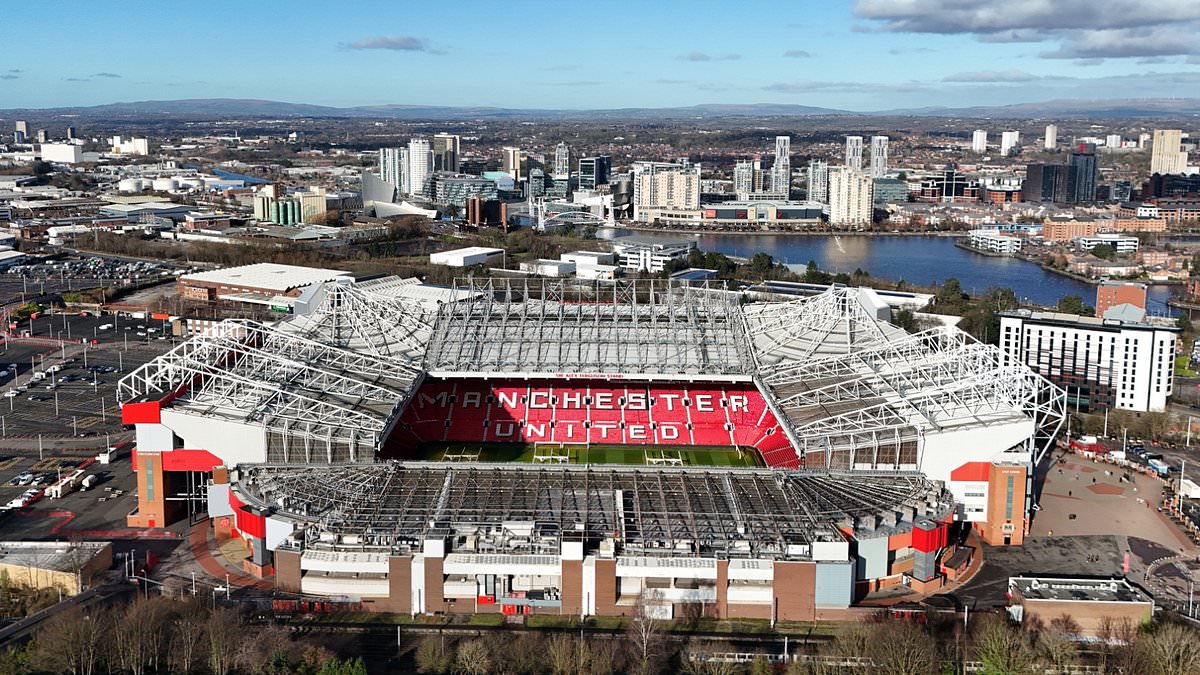
Manchester United seeks investors for Old Trafford rebuild
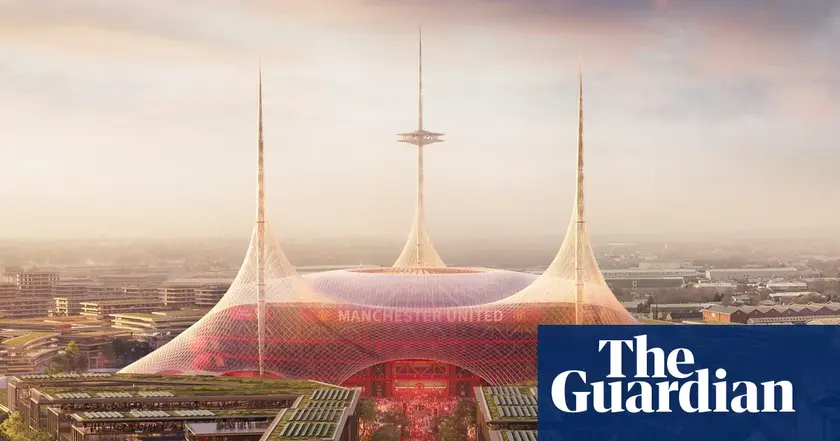
Manchester United's stadium project faces significant delays

Ratcliffe Funds World Class Carrington Upgrade
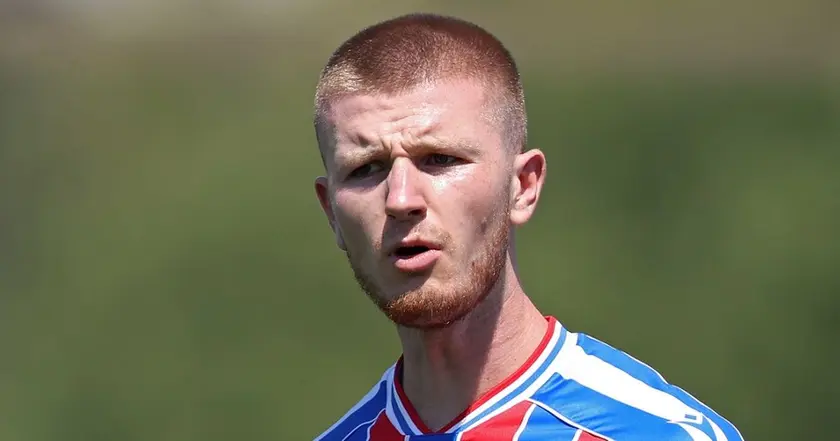
Manchester United update on Baleba and Wharton
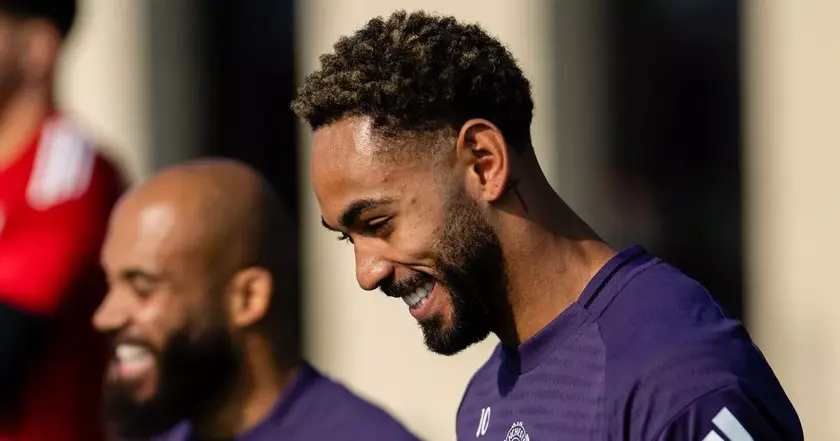
Manchester United invests in new talent this transfer window
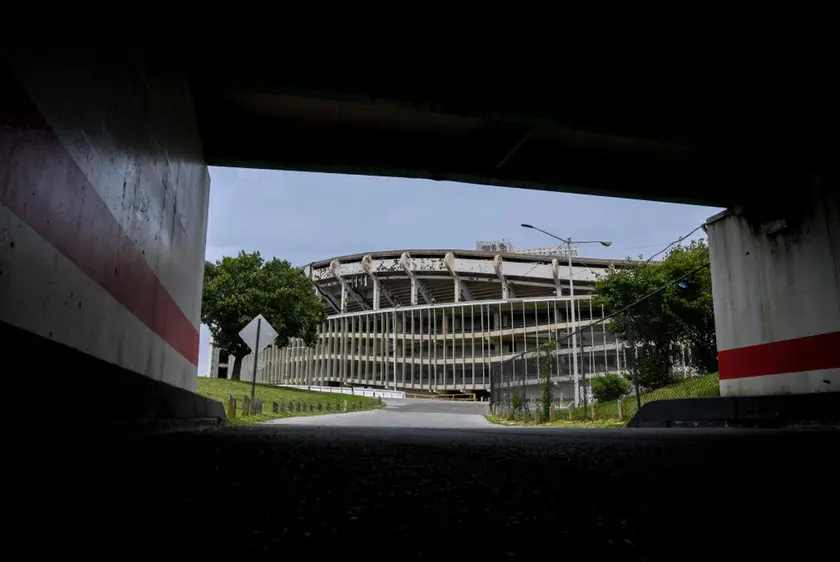
D.C. City Council approves stadium deal for Commanders
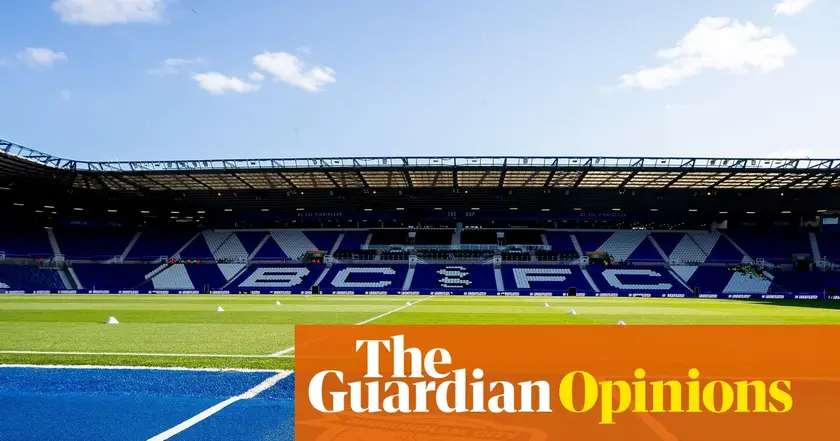
Birmingham owners push bold city growth

Premier League opening weekend reshapes power balance
